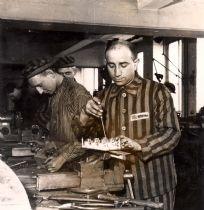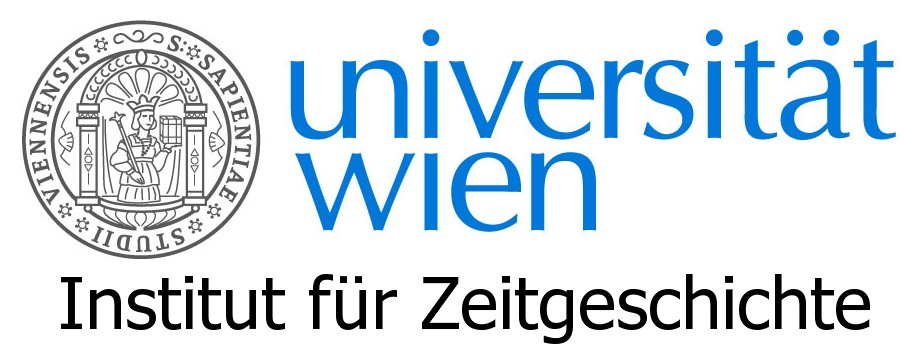VWI invites/goes to...
Cycle of VWI Fellows’ Colloquia
The VWI fellows present their intermediary research results in the context of colloquia which are announced to a small audience and are open to a public audience with an academic and topical interest. The lectures are complemented by a response or commentary by an expert in the given field and are discussed with the other fellows.
Due to the previous lack of an appropriate space, the colloquia were held at other Viennese research and cultural institutions with a topical or regional connection to the given subject. From this circumstance was born the “VWI goes to …” format.
With the move to a new institute building at Rabensteig 3, the spatial circumstances have changed, so that the VWI is now happily able to invite other research and cultural institutions. Therefore, the VWI is now conducting its colloquia both externally and within its own building, in the framework of continued co-operation with other institutions.
The new cycle of fellows’ colloquia “VWI invites/goes to …” is not only able to reach a broader circle of interested persons, but moreover integrates the VWI further into the Viennese scholarly establishment, perhaps even crossing borders into the greater regional research landscape.
| VWI invites/goes to... | |||
| Susanne Barth: The Oberschlesische Hydrierwerke AG and the Auschwitz Subcamp of Blechhammer 1939-1945 | |||
Wednesday, 9. March 2016, 18:00 - 20:00 Institut für Zeitgeschichte der Universität Wien, Seminarraum 2, Spitalgasse 2–4, Hof 1, 1090 Wien
|
|||
VWI goes to the University of Vienna Based on newly-accessible source material, this dissertation project investigates the history of the Oberschlesische Hydrierwerke AG (OHW), a synthetic fuel plant founded in Blechhammer (today Blachownia/Kędzierzyn-Koźle, Upper Silesia) by the Reich Office for Economic Development in 1939. The Four Year Plan enterprise not only formed part of the Third Reich’s war effort and striving for autarchy from imported goods, but was also meant to contribute to the regime’s racial policy of ‘Germanising’ Upper Silesia. Conscriptions to the front, however, led to the replacement of Germans with foreign workers from all over Nazi-occupied Europe and the Axis states, as well as Allied prisoners of war and Jewish forced labourers.
This research project examines the plant’s ideological and economic function in war-time Upper Silesia as well as the industrial elite’s cooperation with the Schmelt organization and the Auschwitz extermination camp, while at the same time trying to reconstruct the daily life and suffering of Blechhammer prisoners. Comments by Sybille Steinbacher Susanne Barth, currently Junior Fellow at the VWI, is a PhD candidate at the University of Olden-burg (Germany). In 2012, she was an EHRI Fellow at the Netherland’s Institute for War, Holocaust and Genocide Studies (NIOD) in Amsterdam and a Saul Kagan Claims Conference Academic Fel-low in Advanced Shoah Studies in 2012–2013. Sybille Steinbacher Click here to download the invitation as a PDF file. In cooperation with: |
|||







 By order of Albert Speer, the
By order of Albert Speer, the 
